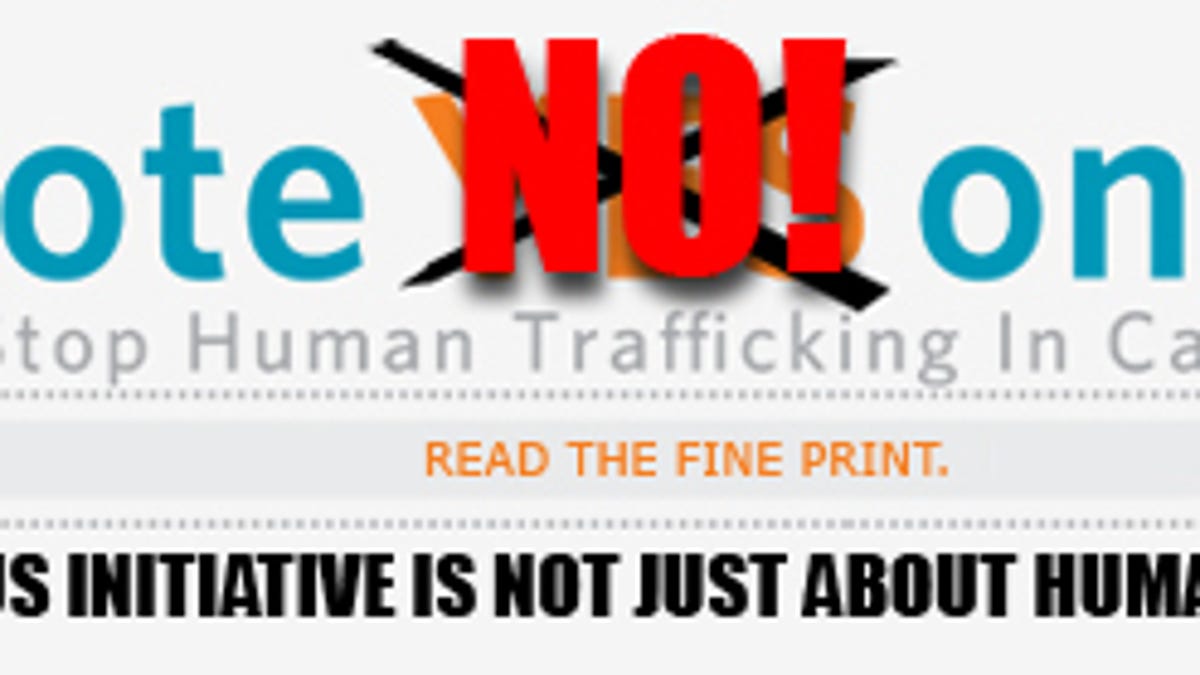Critics raise specter of police state in challenge to new Calif. law
Californians, including adult prostitutes, convicted of indecent exposure and other sex-related crimes must now register "Internet identities" with police. ACLU and EFF say that's unconstitutional.
Naomi Akers, executive director of St. James Infirmary, a San Francisco-based medical clinic for current and former sex workers, previously worked as a prostitute and was convicted for lewd conduct. In a Facebook post, she said that, thanks to Prop 35, "I will be required to register as a sex offender for the rest of my life and have my Internet monitored for LIFE!"
EFF and ACLU attorneys hope that their lawsuit, filed in federal court in the Northern District of California, will succeed because of previous cases in which courts have upheld the right to anonymous speech. The plaintiffs in their case are covered by Prop 35 and want to comment online while remaining anonymous.
Probably the best-known of those rulings is a 1995 U.S. Supreme Court decision, McIntyre vs. Ohio Elections Commission, in which the majority said anonymous speech "exemplifies the purpose behind the Bill of Rights, and of the First Amendment in particular: to protect unpopular individuals from retaliation -- and their ideas from suppression -- at the hand of an intolerant society."
The California Department of Justice did not immediately respond to requests to comment from CNET. We'll update this article if we hear back.
Chris Kelly, Facebook's first chief privacy officer and previously a candidate for state attorney general, donated $2.4 million to fund Prop 35, according to records compiled by the KCET public television station.


